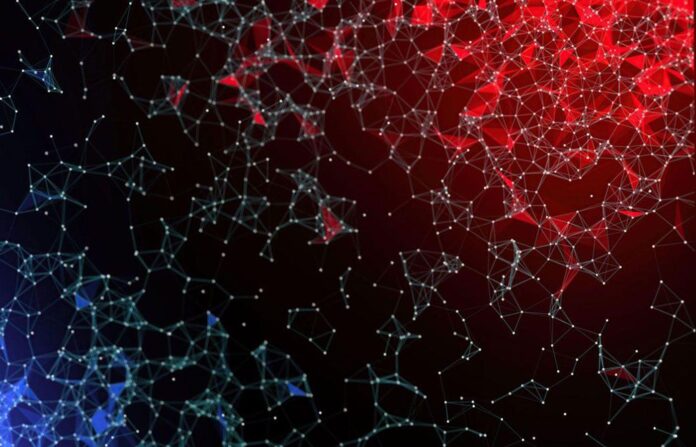Imagine for a moment that artificial intelligence (AI) is already a powerful system that has its own aims and moves to protect itself. What, then, are artists using generative AI really doing? Like state-sponsored propagandists, AI artists would be creating works that celebrate the ruler. Their art directs our attention away from the terrible implication of our AI-overlords and distract us into complacency. Look, isn’t it pretty? Isn’t it interesting? And it is. Generative AI artists might be great propagandists.
Given that the most impactful use of AI in our lives will be related to normalisation, surveillance and warfare, are we really so far off from this future? The idea that technology might be enabling its own self-perpetuating propaganda isn’t so far-fetched. As humans we don’t have a monopoly on manipulation.
Michael Pollan argues skilfully in The Botany of Desire that plants such as corn and apples have used humans for their own propagation and dominance. No one more than me likes to bask in the illusion of control over technology, but with so many prominent AI pioneers and researchers asking for a halt to the AI arms race, I think it’s worth considering our moral role as humans, citizens, if not also as artists, possibly perpetuating the imperialism of AI.
In service of a system of power
Some of these supplications to slow down AI development are no doubt cynical: a ploy so that companies lagging behind can catch up. Still, artists who seek to reveal truths might also ask which truths they may be masking. Thinking about AI-generated art as systematic, widespread practices, intended to further AI’s own cause, the public too has been deceived through its distorted lens.
Reading AI-generated art through the lens of agitprop places it in another critique, one in which artists can and maybe should appear naive or complicit in their status as deployed myth-makers in service of a system of power.
I get asked to write about AI innovations all the time and I’ve started to request to speak to the person in charge of AI ethics on the team. No one has ever got back to me about this. Occasionally, there is an ethics team but I have not yet found a single AI product where a real, specific person is willing to take ethical responsibility for the technology—which is so different from the way we as artists claim authorship for images, however they are made.
During Zurich Art Week I had the opportunity to speak on a panel at the Luma Foundation alongside the auctioneer Simon de Pury, the art tech expert Nina Roehrs and Bernadine Bröcker Wieder, CEO of Arcual, on how technology is impacting power dynamics in the art world. We discussed technology resistance in the art market, artists empowerment through technology and documentation, and the impact of blockchain in fostering accessibility in the art market, often as being newly facilitated through platforms like Arcual.
Platforms are undoubtedly power players in the art world but maybe it’s also time to think about the extent to which technology itself has power over us, independent from the people within the companies. The artist, the gallery, or in this case, maybe the technology is the one using us all.

























